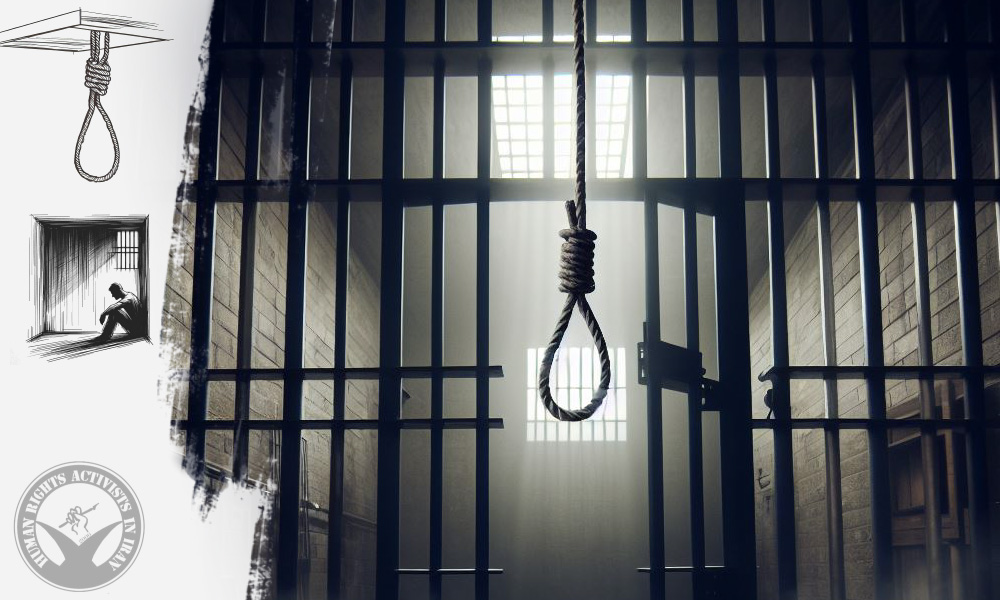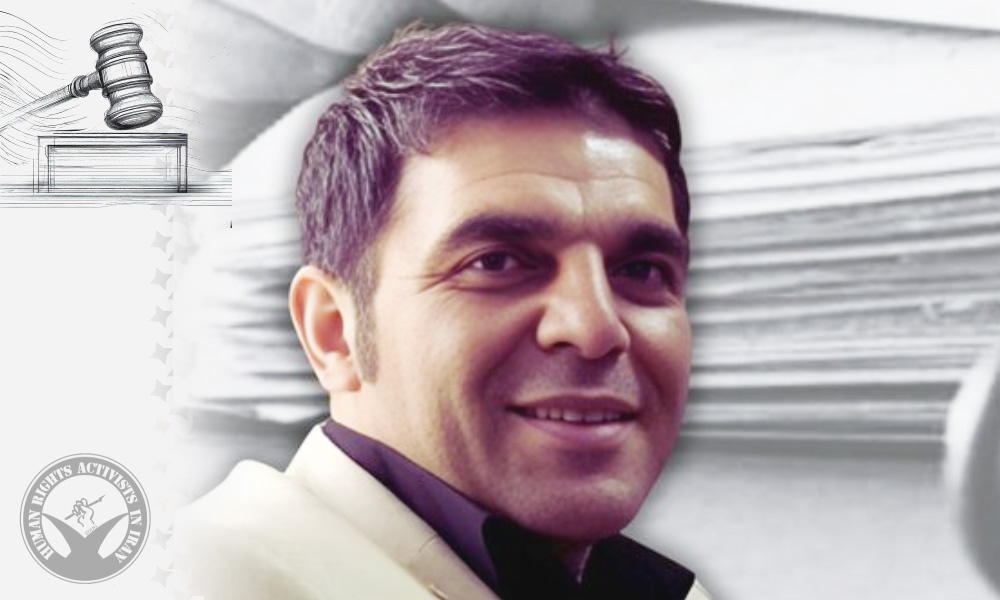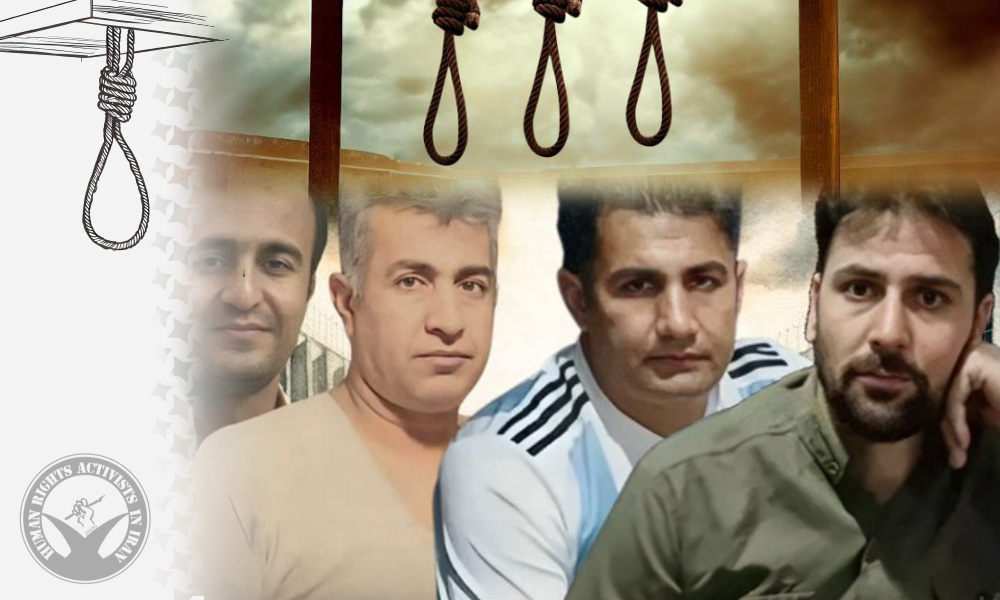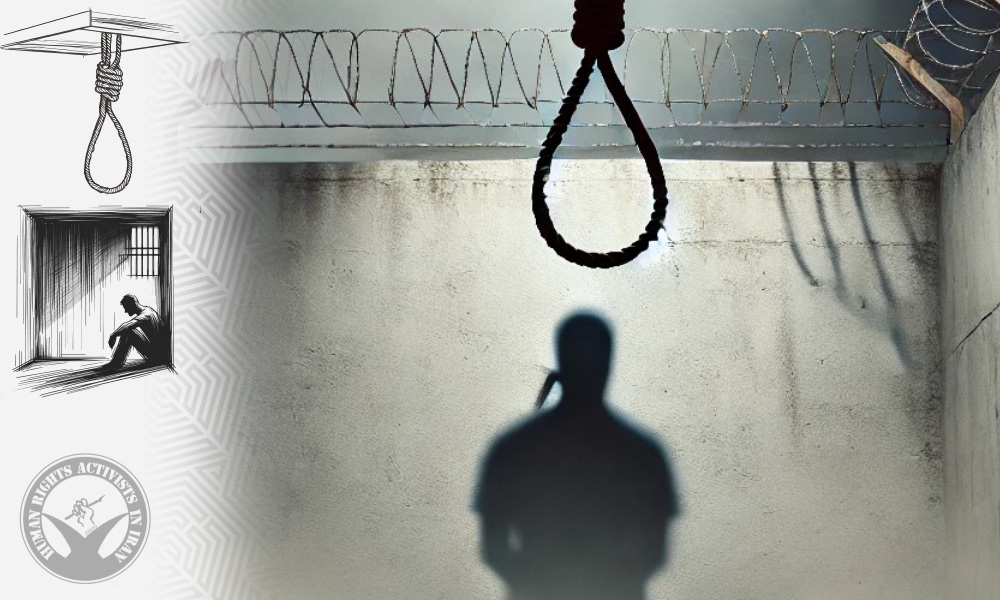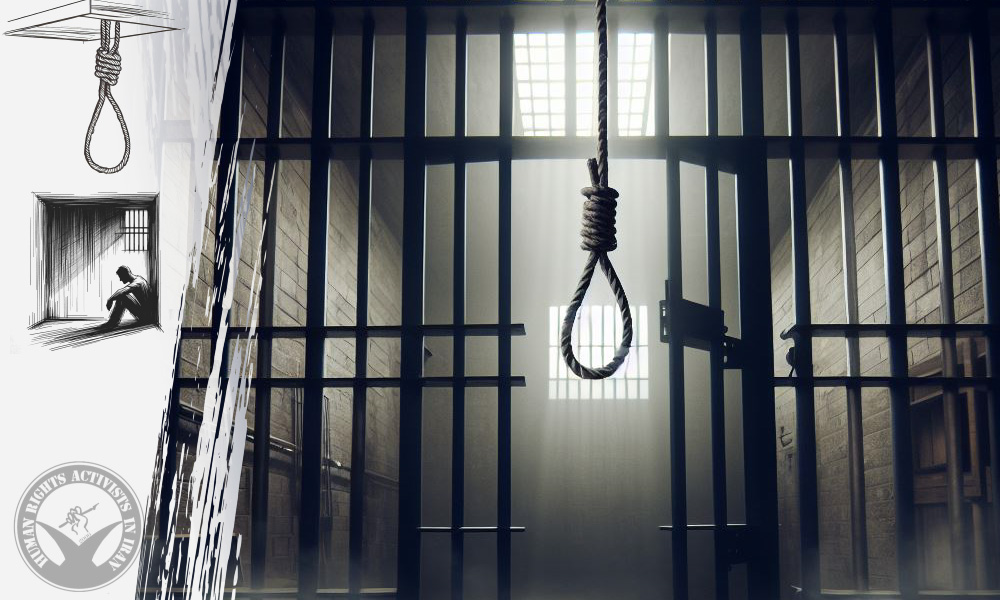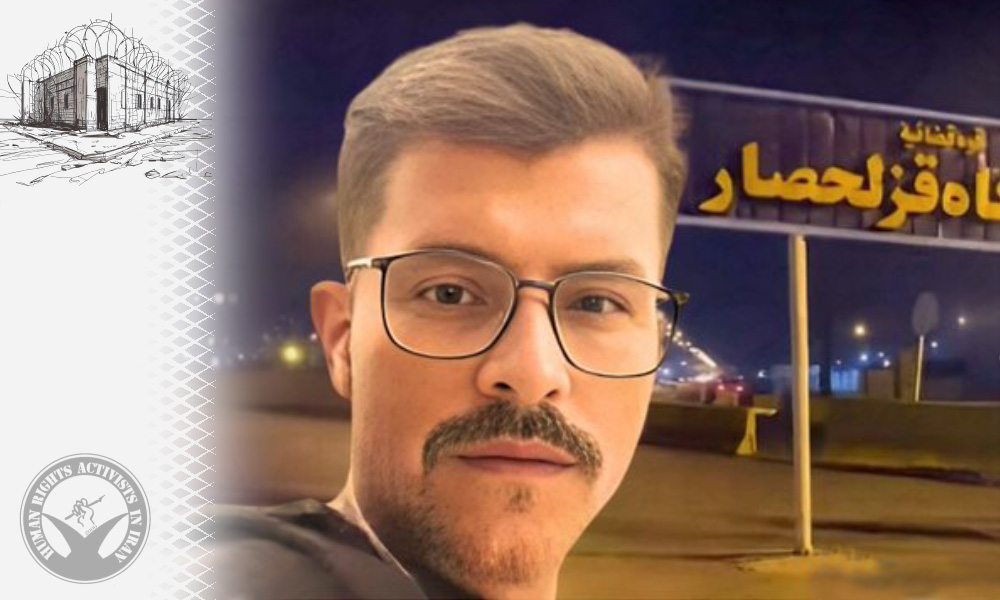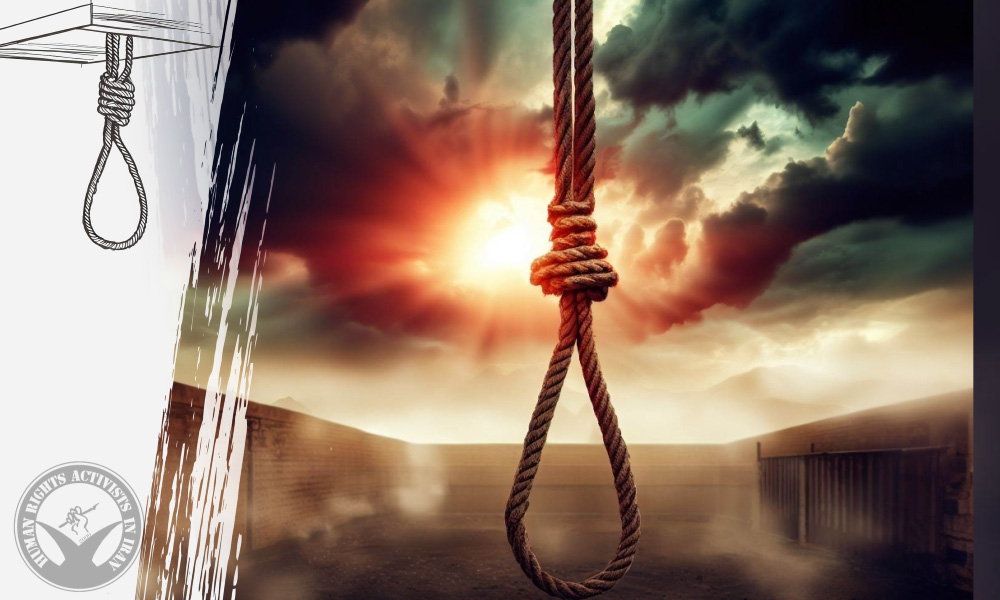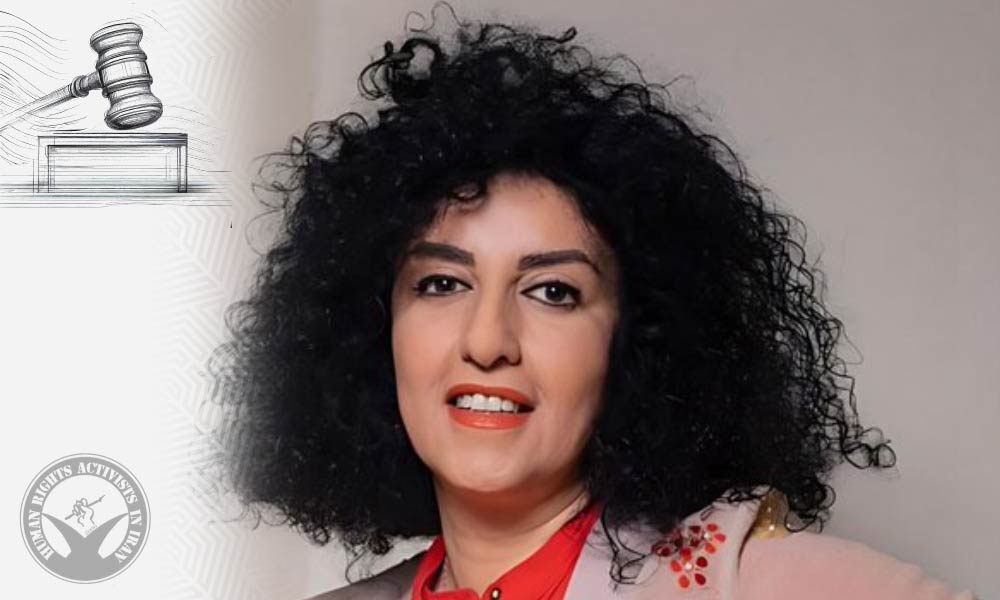Narges Mohammadi, a human rights activist and Nobel Peace Prize Laureate, has been sentenced to one year in prison by Branch 29 of the Tehran Revolutionary Court.
Lawyer Mostafa Nili shared publicly that: “Based on the verdict issued by Branch 29 of the Tehran Revolutionary Court, Narges Mohammadi has been sentenced to one year in prison for propaganda against the regime.” According to Nili, the reasons for this sentence include Ms. Mohammadi’s comments about Dina Ghalibaf, her letter regarding the boycott of parliamentary elections, and her letters to the parliaments of Sweden and Norway.
The trial for the charges against this renowned human rights activist was held on June 8 without her presence at the aforementioned branch.
Narges Mohammadi, a Nobel Peace Prize laureate who has faced multiple convictions, was sentenced in January of this year by Branch 26 of the Tehran Revolutionary Court, presided over by Judge Iman Afshari, to fifteen months in prison, two years exile from Tehran and neighboring provinces, a two-year travel ban, a two-year ban on membership in social-political groups, and a two-year ban on using a smartphone for propaganda against the regime.
In October 2020, Mohammadi was released from Zanjan Prison after serving about five and a half years. Shortly after, regarding a case opened against her during her imprisonment, she was sentenced by a Criminal Court in Tehran to thirty months in prison, eighty lashes, and two fines.
In November 2021, during a memorial ceremony for the second anniversary of the death of Ebrahim Ketabdar, one of the victims of the November 2019 protests, she was arrested by security forces in Karaj. Subsequently, Ms. Mohammadi was sentenced by Branch 26 of the Tehran Revolutionary Court to eight years in prison, seventy-four lashes, two years of exile, and other social deprivations.
In October 2022, regarding another case opened against her during her imprisonment, she was sentenced by Branch 26 of the Tehran Revolutionary Court to one year and three months in prison along with other additional punishments. In August of last year, she was also sentenced to one year in prison by the Tehran Revolutionary Court.
In 2023, the Nobel Peace Prize was awarded to Narges Mohammadi by the Norwegian Nobel Committee “for her courageous fight for freedom and human rights over three decades.”



